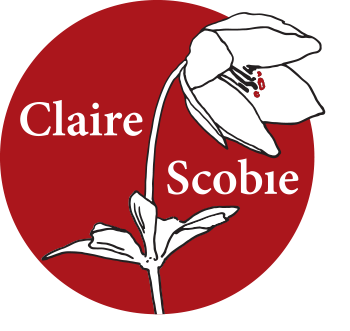
22 Feb Sentence Craft: Honing Your Practice
Every year I try to go to Kerala in south India for a break. I’ve been going for over 20 years. I like to bring my favourite writing book, The Writer’s Portable Mentor by Priscilla Long. I love her no-nonsense practical style. It’s really a chance for me to work on my craft: the nuts and bolts of sentence structure, metaphor and syntax. This trip I went back to basics to look at the difference between a:
Simple sentence which has one subject and one predicate (the verb and words connected with the verb) and a compound sentence.
Priscilla Long goes on to say (and note how she says it!)
‘A simple sentence has one clause. It is an independent clause. A clause must have a subject and it must have a verb. A simple sentence with one subject can have multiple verbs or multiple subjects.’
e.g ‘I have begun my own quiet war.’ (Sandra Cisneros, The House on Mango Street)
In contrast, ‘when you add a second clause, which has both a subject and a verb, you either have a compound sentence (two or more linked independent clauses) or a complex sentence (one independent clause and one or more dependent clauses.)’ Phew!
We actually don’t get taught these basic rules in school and as writers the more we understand the different impact our sentences have, the better we will be at communicating what we want to say.
Over to you. How do you keep honing your creative practice?

Dear Claire,
It’s so nice to discover someone who loves grammar as I do. With an understanding of structure and punctuation, a sentence becomes an exquisitely flexible work of art. A correctly placed punctuation mark does indeed make all the difference. Only consider the power of the comma in “eats roots and leaves,’ as opposed to ‘eats, roots, and leaves.’